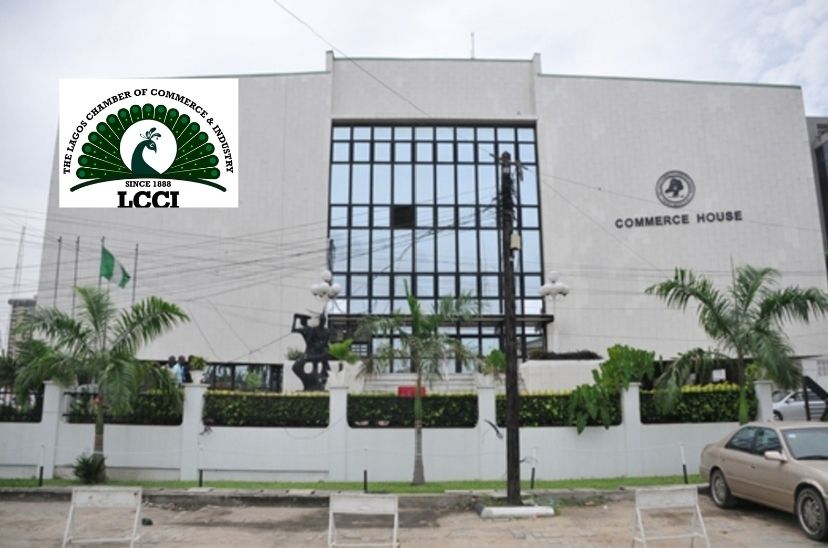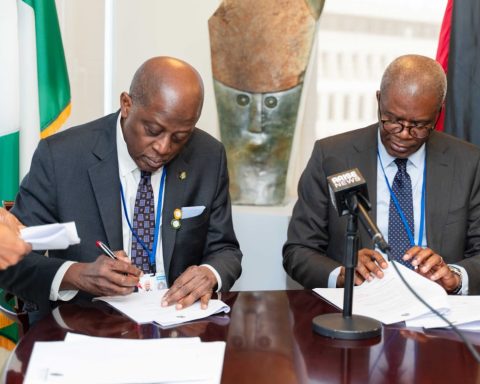The federal government’s bold move to privatize or lease 91 state-owned enterprises has sent a clear signal to regional and state governments, particularly in the Southeast, to re-evaluate their management of public assets.
With the federal government’s aim to attract investment, boost efficiency, and unlock value across the economy, the Southeast governors are faced with the daunting task of reviving their region’s economic fortunes.
While this may appear as a libertarian policy that will free some mismanaged assets for privatisation, it also sends a clear signal to regions and states, particularly the South East, long criticised for underdevelopment, to learn from decisive action at the highest level.
The assets announced for leasing by the central authority include major holdings such as the Ajaokuta Steel Company, Tafawa Balewa Square, Lagos Trade Fair Complex, the nation’s four refineries, and five international airport terminals. According to Ayodeji Ariyo Gbeleyi, Director-General of the Bureau of Public Enterprises, 16 are in oil and gas, 12 in agriculture, 20 in aviation, and 28 in other sectors, including mining, steel, transport, eco-tourism, and two agencies linked to the Federal Capital Territory Administration. The authority stated that 35 would be fully privatised, while 57 would undergo partial privatisation.
The government maintained that the process will be conducted transparently, with sector-specific oversight and feasibility studies to determine the value and structure of each asset. The aim is to attract investment, boost efficiency, and unlock value across the economy. Whether the government follows a transparent process as promised or not, such announcements offer a cautionary lesson for state governments on the need for proactive management of public enterprises.
The federal government’s decision to privatise or lease underperforming state-owned enterprises follows years of inefficiency and mismanagement that have hurt the economy and citizens. Refineries remain idle despite billions spent on renovation, contributing to persistent fuel scarcity and rising import costs, while steel plants, notably the Ajaokuta Steel Company, have produced far below capacity.
The prolonged inactivity of Ajaokuta alone has reportedly cost Nigeria about ₦49 billion in overheads without generating economic returns. Major trade and tourism assets, such as the Lagos International Trade Fair Complex, have also declined, with low turnout in 2023 affecting businesses and exhibitors, while airports in Abuja and Port Harcourt struggle with outdated facilities and poor service delivery, impacting both passengers and airlines. In all cases, society, the segment that relies most on basic services, bears the brunt.
By opening these assets to private investors, the government may attract capital, unlock value, and improve operational efficiency, sending a clear signal that decisive management and accountability are essential for turning public enterprises into productive economic tools.
Southeast Reality Check: Why Governors Must Learn from the Federal Move
The federal government’s bold leasing initiative highlights the urgent need for Southeast governors to take responsibility for regional development.
For years, the South-East Governors Forum, meant to foster cooperation, has struggled to deliver, with civil society groups criticising governors for negligence on education, infrastructure, and other pressing issues. Federal allocations have also failed to translate into meaningful development, exposing gaps in transparency and accountability.
As the region’s administration has continued to be held by different individuals and political parties, the South East continues to underperform in attracting investment, despite calls from the citizens of the region to bring in foreign capital.
Local industries, farms, and markets remain vulnerable, with insecurity further hampering economic activity. Socio-cultural organisations such as “Ogbako Ndígbo Nile Worldwide have repeatedly urged governors to implement community-driven security measures to protect these sectors and local industries to create a conducive environment for economic activity.
The Lessons:
Most importantly, as the federal government transfers control of nearly all major assets to private hands, it is now up to each state to invest in and develop its own region. With recent independence in state allocations, citizens will hold their governors directly accountable, making it clear that the prosperity of the South East depends squarely on the actions of its leaders.
Therefore, the federal government’s move to lease and privatise state-owned enterprises is not only a lesson to learn from, but also a guide. It underscores the urgent need for governors to be proactive, modernising assets before they deteriorate, and transparent, ensuring public funds and resources are managed efficiently.
States must become investment-ready, attracting private sector participation to stimulate growth, and take responsibility for developing their regions.
Strategic planning for state-owned assets, public-private partnerships for industrial parks, transport hubs, and trade complexes, and strong accountability measures such as audits, community engagement, and performance reporting are essential. Regional cooperation is also critical to maximise potential and avoid duplication.
Therefore, the governors of Abia, Anambra, Ebonyi, Enugu, and Imo must act decisively, working with the private sector to ensure their states’ assets drive growth, attract investment, and deliver tangible benefits to their people. The message is clear: inaction carries a cost, and the prosperity of the South East now rests firmly on the shoulders of its leaders.










